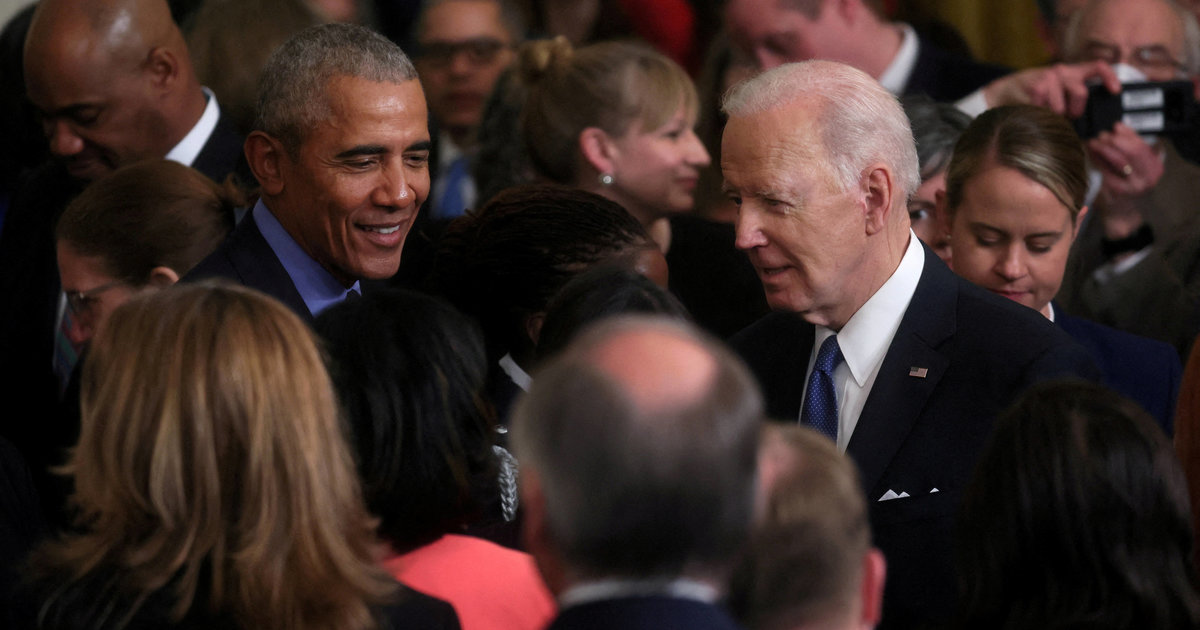AFP
News from the NOS•
-
Brock League
correspondent Israel / Palestinian territories
-
Brock League
correspondent Israel / Palestinian territories
Israel faces a very exciting election day today, according to polls. For the suspected corruption of former Prime Minister Benjamin Netanyahu, it’s a great opportunity to regain control. Three separate pollsters allocate exactly 60 seats to Netanyahu’s right-wing religious bloc. This is one seat less than the majority in the Israeli Knesset, the 120-member parliament.
A 61st seat would pave the way for a third term for Netanyahu, who has long led the right-wing Likud party. After two previous fifteen-year terms, he is already the longest-serving prime minister in Israel’s history. As the leader of the opposition, he vehemently denounces the government of Prime Minister Yair Lapid until the very last moment of the campaign.
Because that colorful crew of Lapid, who had little in common except an aversion to Netanyahu, fell apart, Israel must return to the polls today. Citizens can vote until nine this evening. But as this is the fifth time elections have been held in four years, many people are at risk of staying home. The deciding factor is probably who still manages to rally their supporters.
tired election
The election campaign started slowly and there were no important and exciting debates. It seems that many Israelis are tired of the elections. Important issues for many people are the high prices in the country (with the most expensive city in the world), followed by security concerns. An issue as important as the stalemate in the peace process between Israelis and Palestinians, as in previous elections, does not play a major role in the campaign.
Indeed, for many Israelis this election is another referendum on the choice for or against Bibi, as Netanyahu’s nickname goes. He is still immensely popular with his supporters, while his populist style and attacks on the rule of law make him hated by opponents.
Yair Lapid, leader of the party in second place in the polls, presents the growing economy ea diplomatic negotiation with Lebanon like his biggest hits. But it will not be easy for him to tie enough parties to form a majority. His previous coalition proved too different to last. And his most important partner, former Prime Minister Bennett, has even completely disappeared from the political scene.
Israeli-Palestinian clashes
In recent days, Netanyahu has been attacking the government mainly for security reasons. Last weekend, Palestinian attacks in the occupied territories killed an Israeli settler and injured five Israeli soldiers. According to Netanyahu, it proves that Israel is only in good hands with him.
However, Lapid’s government did not go dormant. After a series of attacks in Israel, Israel has significantly increased the number of military incursions into the occupied Palestinian territories. Many people have been killed in a large-scale arrest campaign, in which Israeli soldiers enter Palestinian cities almost every night. The number of Palestinians killed in the West Bank is in danger this year to reach a recordthe United Nations warned this weekend.
The biggest surprise of the campaign is the rise of the far right, led by Itamar Ben-Gvir. This settler, who until recently had a photo on the wall of a Jewish terrorist who killed 29 Palestinians, could count on a ministerial post in a right-wing government.
Low turnout expected
There doesn’t seem to be a reason why many Arab voters go to the polls. The more Israelis of Arab or Palestinian origin vote, the less likely the Netanyahu bloc is to win a majority in parliament. But the expected turnout among Arab voters is low, not much higher than 45 percent.
Should the Netanyahu bloc win a majority, a new cabinet could theoretically be formed quickly. If this does not happen, political instability in Israel appears to continue. A sixth election within five years is therefore not an unlikely scenario.


